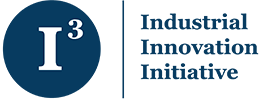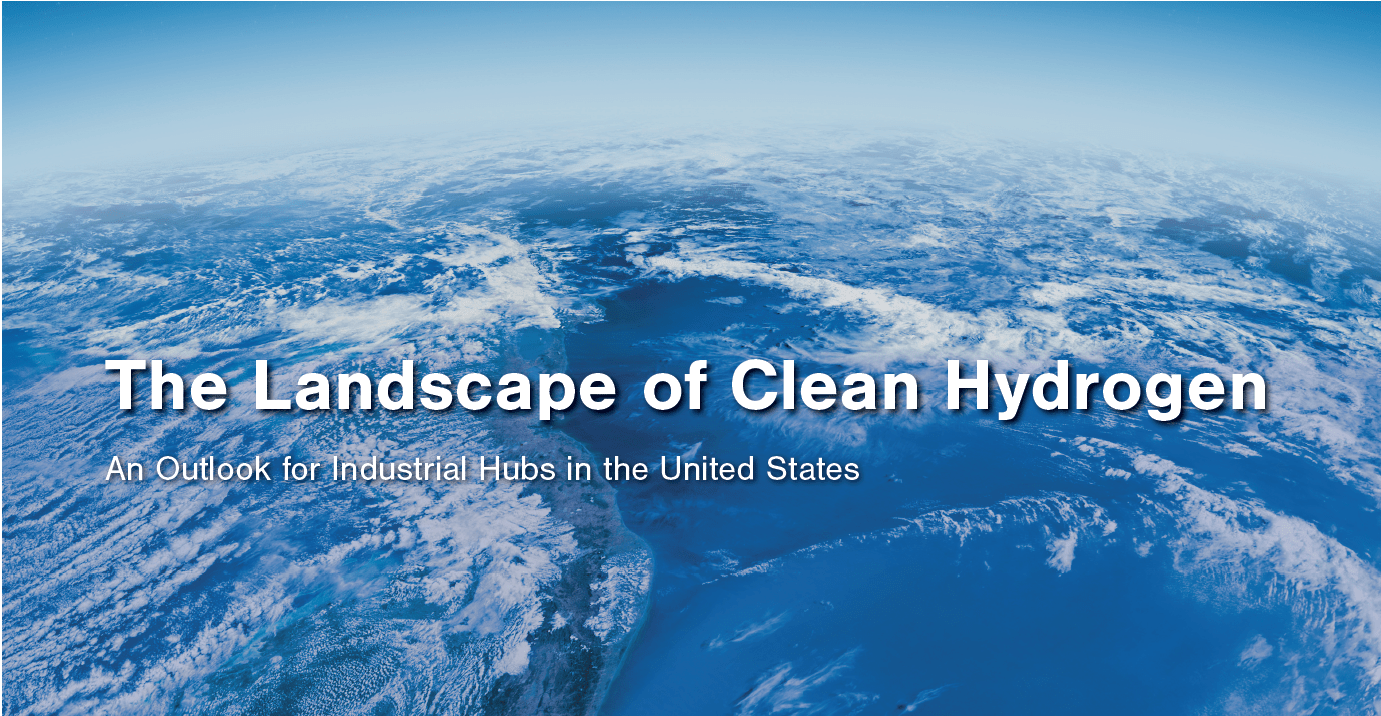Minneapolis, MN/Washington, DC, May 24, 2023 – Clean Hydrogen production must quickly scale beyond the US Department of Energy’s (DOE) initial H2Hubs program locations in order to reach DOE’s clean energy targets over the next three decades, according to The Landscape of Clean Hydrogen: An Outlook for Industrial Hubs in the United States released today by Carbon Solutions with the Industrial Innovation Initiative (I3).
DOE’s targets of 10 million metric tons of clean hydrogen by 2030, 20 million metric tons by 2040, and 50 million metric tons by 2050 culminate in annual hydrogen production five times today’s current capacity. Empowering states to develop impactful regional clean hydrogen hubs will help put the US on track to meeting these critical decarbonization targets.
“Hydrogen hubs are a prime pathway to decarbonize energy-intensive sectors of the economy,” said Dane McFarlane, Director of Climate and Policy at Carbon Solutions and report co-author. “With supportive policies and the infusion of federal and state funding, the regions identified in the Hydrogen Hubs Report have the potential to be critical drivers of innovation in the race to scale hydrogen production to reach DOE’s climate goals. The findings presented can serve as an initial roadmap for developing a hydrogen hub network across the US that is capable of meeting these goals while also keeping pace with our nation’s growing energy demands.”
The Landscape of Clean Hydrogen report charts regional opportunities for clean hydrogen hubs and considers the immense scale of new hydrogen production, carbon capture retrofit, and electrolysis capacity needed to meet our nation’s climate goals.
“Regardless of eventual DOE Hub selections, the Landscape of Clean Hydrogen report identifies both the need and opportunities for states to lead in the burgeoning hydrogen economy by leveraging the unique characteristics of their particular region,” said Gabrielle Habeeb, I3 Project Manager and report coauthor. “Our findings can be used by state and federal lawmakers, energy buyers, and corporations to build a better understanding of the key criteria for developing impactful hydrogen hubs that capitalize on the diverse applications and environmental benefits of clean hydrogen.”
Key findings of The Landscape of Clean Hydrogen report include:
- Prioritizing the use of hydrogen in hard-to-electrify sectors will be key to maximizing climate benefits. In sectors such as heavy industry and transportation, where emissions are anticipated to persist or increase by midcentury without additional policy, hydrogen will be a key enabler of decarbonization.
- DOE’s goals represent hydrogen production at five times today’s current capacity. The scale of clean hydrogen production will need to increase drastically, both in facility output and in the number of facilities, by midcentury to reach DOE’s goals. These goals can be met from a variety of hydrogen production methods.
- Hydrogen hubs are an opportunity to co-locate production with new and existing markets. Leveraging the unique assets of each region will allow growth to regional scale and maximize emissions reductions.
- It will be beneficial to establish hydrogen hubs with large production targets. Targets such as 100 thousand tons to 1 million tons of hydrogen per year are needed. Otherwise, it will take many more hubs at DOE’s minimum production thresholds to meet roadmap goals and midcentury targets.
- Electrolysis will need to scale immensely to achieve multi-gigawatt scale in the next decade. It will eventually need to match the same order of magnitude as current fossil-based H2 production and beyond.
- Clean hydrogen can reduce air quality pollutants by displacing fossil fuel use in the industrial and transportation sectors. The reduction in pollutants from fossil fuel displacement by clean hydrogen can improve public health and result in positive economic opportunities associated with improved health outcomes in disadvantaged communities and for the general population.
The report provides a landscape of current production and potential future use, demonstrating where hydrogen hubs may be located to the greatest effect, accounting for local resources, high-emissions industries present in the region, and geographic characteristics. It specifically examines regional opportunities for clean hydrogen production and application across 11 US regions. Each region features a unique industrial and energy landscape, presenting a variety of regional advantages for clean hydrogen hub development.
“The hydrogen hubs will form the foundation of clean hydrogen production and use in this country,” said Angela Anderson, Director of Industrial Innovation and CDR at WRI. “DOE’s decisions will significantly guide hydrogen’s role in decarbonization, and will tee up additional important research and policy questions about safety, transportation, and community benefits.”
#####
Carbon Solutions applies proprietary research and development, software, and team expertise to address energy challenges, including carbon capture and storage, geothermal energy, wind energy, biofuels, energy storage, and the hydrogen economy. Carbon Solutions aims to accelerate low-carbon energy and beneficial infrastructure development in the US. The Carbon Solutions vision is focused on three integrated pillars: research and development that advances low-carbon energy science, software development that generates unique tools and data, and services that apply our research and development and software to address emerging energy challenges. Learn more at www.carbonsolutionsllc.com.
Industrial Innovation Initiative (I3) is an ambitious coalition co-convened by the Great Plains Institute (GPI) and the World Resources Institute (WRI) to advance solutions key to decarbonizing the industrial sector by midcentury through policy development and implementation; technology demonstration, and adoption; and demand-side market development at state, regional, and federal levels. Visit www.industrialinnovation.org/about/ to learn more.
This report was created to provide informational value to I3 members; however, it was not drafted with member input and does not reflect the expressed opinions of participating organizations.

